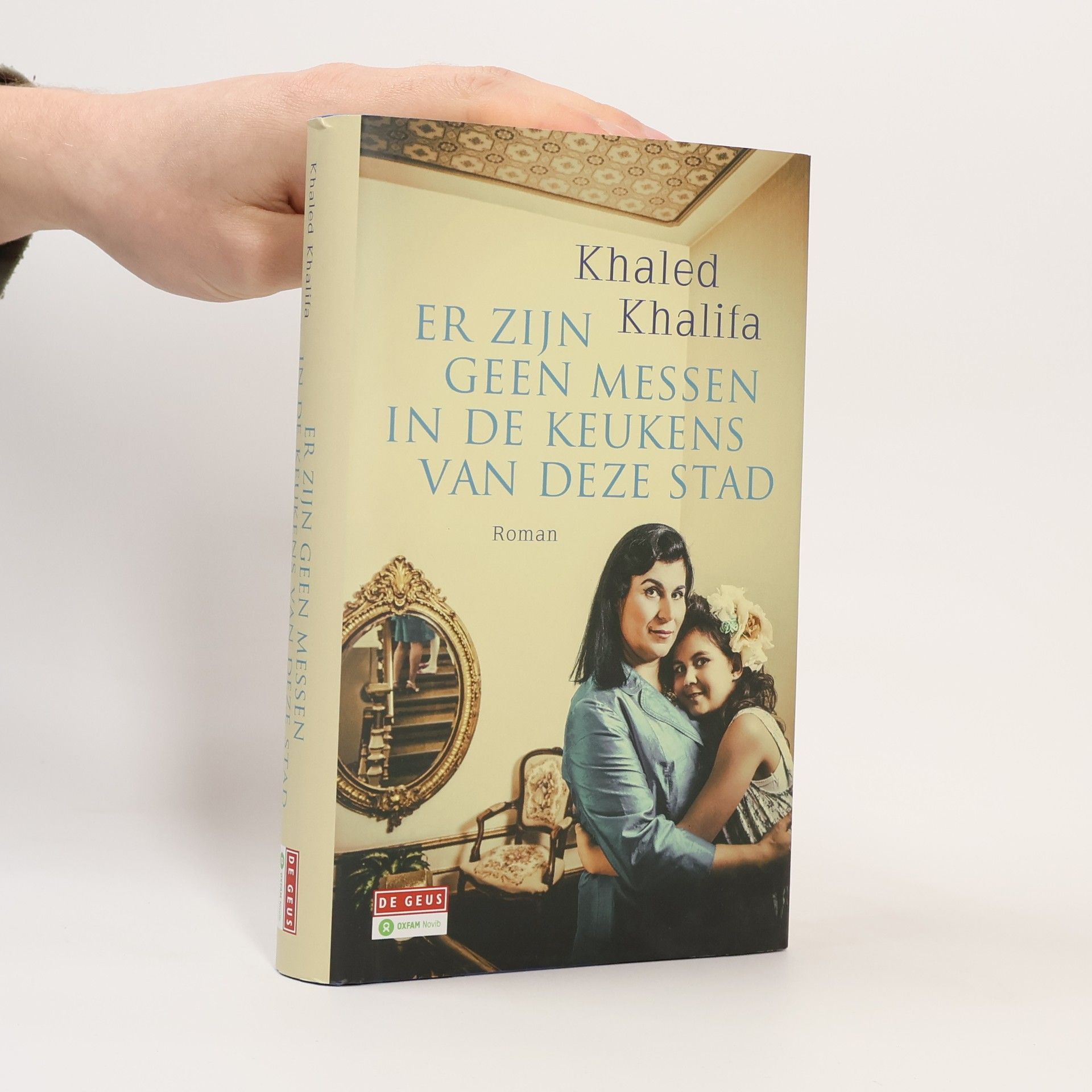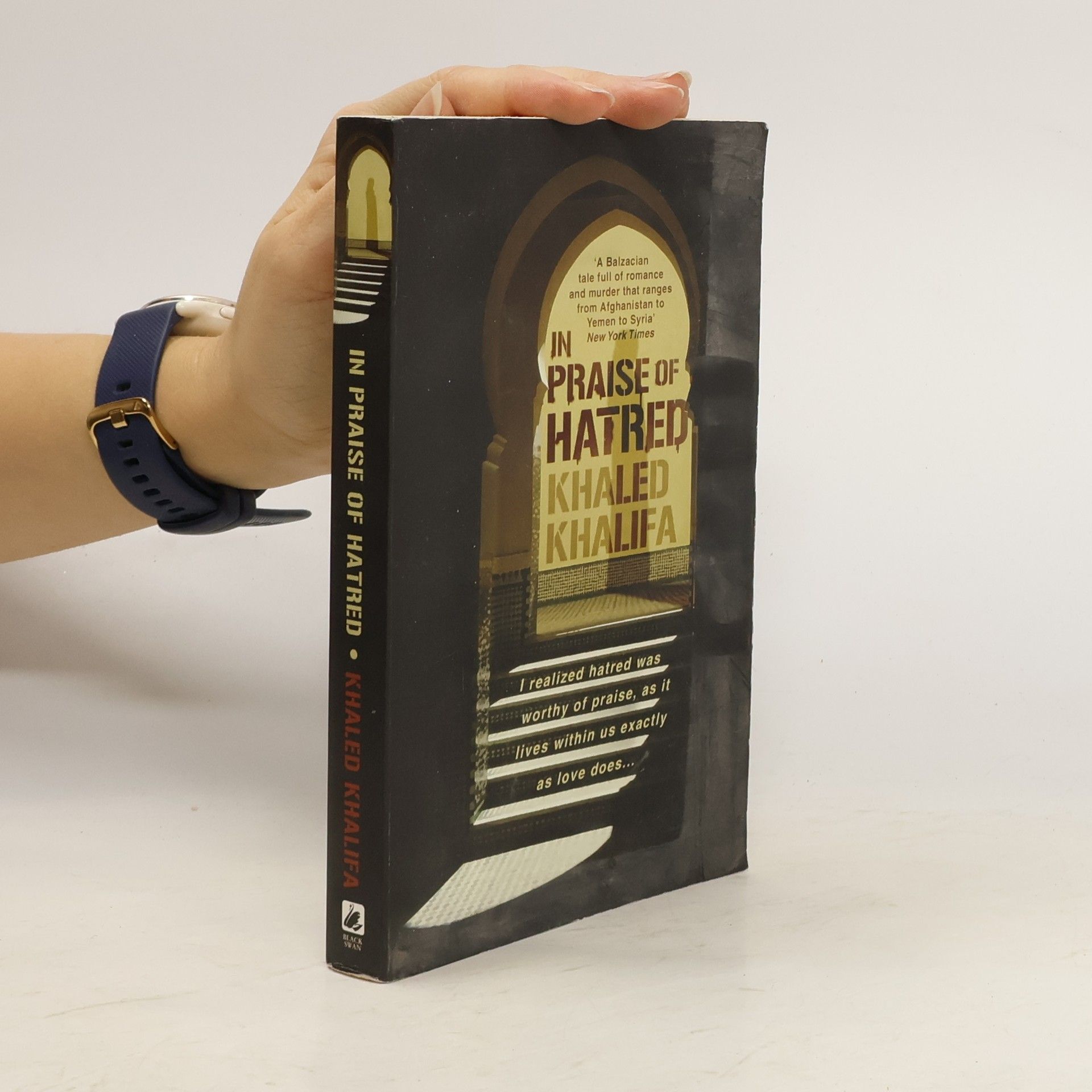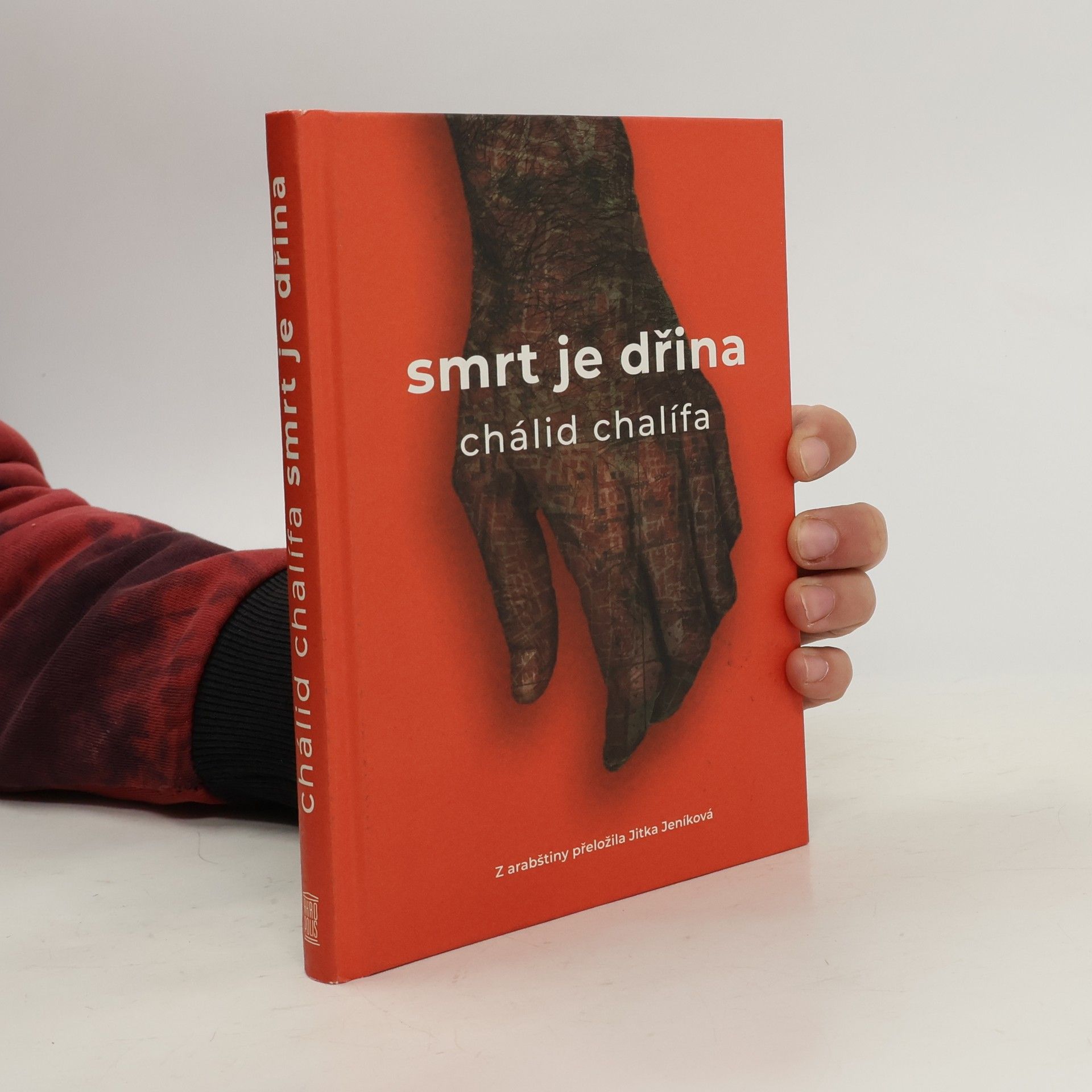Smrt je dřina je posledním románem Chálida Chalífy, největšího syrského kronikáře probíhající občanské války. Kniha vypráví příběh tří obyčejných lidí, kteří se musí vypořádat s děsivými situacemi a jejich jedinou obranou je odhodlání. Abdallatíf pokojně umírá v damašské nemocnici. Jeho nejmladší syn Bulbul slíbí, že mu splní poslední přání a pohřbí jej v rodné vesnici na severu země. Ačkoliv nebyl Abdallatíf zrovna dokonalý otec a Bulbul nemá se svými sourozenci právě nejvřelejší vztah, přesvědčí svého staršího bratra Husajna a sestru Fátimu, aby ho – a otcovo tělo – na cestě do al-Anábíje doprovodili. Z Damašku tam koneckonců budou za dvě hodiny. Má to jen jeden háček: Jejich země je rozervaná válkou. Krajina jejich dětství se změnila v labyrint plný válčících ozbrojenců, kteří se neřídí žádnými pravidly a kteří zabíjejí na potkání. A to, co se zkraje jevilo jako neškodný slib, se velice rychle změní v epický, životu nebezpečný úkol. Sýrie už není místem pro hrdiny a rozhodnutí, která bude rodina muset udělat na cestě plné kontrolních stanovišť, nekonečných zastávek, výslechů, zatýkání a vybuchujících bomb, budou mít pro všechny nedozírné následky. – Vychází za podpory Ministerstva kultury ČR.
Khālid Khalïfah Knihy





In Praise of Hatred
- 320 stránek
- 12 hodin čtení
1980s Syria. Our young narrator is living a secluded life behind the veil in the vast and perfumed house of her grandparents. Her three aunts bring her up with the aid of their ever-devoted blind servant. Soon the high walls of the family home are unable to protect her from the social and political upheavals outside.
No One Prayed Over Their Graves
- 416 stránek
- 15 hodin čtení
From the National Book Award finalist Khaled Khalifa, the story of two friends whose lives are altered by a 1907 flood that devastates their Syrian village. On a terrible December morning in 1907, two close friends, Hanna and Zakariya, return to their village near Aleppo after a night of drunken carousing in the city, only to discover that there has been a massive flood. Their neighbors, families, children—nearly all of them are dead. Their homes, shops, and places of worship are leveled. Their lives will never be the same. Hanna was once a wealthy libertine landowner who had built a famed citadel devoted to the pursuit of pleasure and excess. But with the loss of his home, wife, and community, he transforms, becoming an ascetic mystic obsessed with investigating the meaning of life. In No One Prayed Over Their Graves, we follow Hanna's life before and after the flood, tracing friendships, loves and lusts, family and business, until he is just one thread in the rich tapestry of Aleppo. Khaled Khalifa weaves a sweeping tale of life and death in the hubbub of Aleppine society at the turn of the twentieth century. No One Prayed Over Their Graves is a portrait of a people on the verge of great change: from the provincial village to the burgeoning modernity of the city, where Christians, Muslims, and Jews live and work together, united in their love for Aleppo and their dreams for the future.
Een familie in de Syrische stad Aleppo raakt van elkaar vervreemd. De moeder probeert angstvallig vast te houden aan de aristocratische levensstijl waaruit ze is verstoten, onder andere door haar gehandicapte dochter verstopt te houden. Haar zoon Rasjied is haar oogappel, maar hij sluit zich aan bij een religieuze groep om te gaan vechten in Irak. Ook haar dochter Sausan verdwijnt zodra de politiek greep op haar krijgt. Lukt het hun de weg naar zichzelf en elkaar terug te vinden?
Über fast hundert Jahre lang beschreibt Khalifa die Entwicklung Syriens, indem er die Geschichten mehrerer Familien erzählt. Der Christ Hanna wächst am Ufer des Euphrat in einer muslimischen Familie auf, gemeinsam mit deren Sohn Zakaria. In die Tochter Suad mit den schönen langen Wimpern verliebt er sich. Doch Hanna und Zakaria sehnen sich nach einem freien Leben, das der gläubigen Muslimin Suad nicht gefällt. Mit ihren besten Freunden, dem Juden Azar und dem Christ William, ziehen Hanna und Zakaria nach Aleppo und errichten ein Freudenhaus, zu dem nur auserwählte Persönlichkeiten Zugang haben. Dort befinden sie sich auch an dem Tag im Jahr 1907, als der Fluss aus den Ufern tritt. Viele ihrer Familienmitglieder ertrinken in den Fluten. Es ist eine Zeit, in der Christen und Muslime noch nebeneinander auf dem Dorffriedhof begraben werden. Aber mit der Hochwasserkatastrophe setzen Veränderungen ein, die nicht nur das Leben der vier Freunde betreffen, sondern das ganze Land erfassen. Rückblenden und Erinnerungen brechen die chronologische Erzählweise auf, die Geschichten verzweigen sich. Hier ist ein großer Erzähler am Werk, der den Bilderreichtum der arabischen Sprache gekonnt mit Reflexionen über Leben und Tod verbindet und an die bedeutende kulturelle Vergangenheit Syriens erinnert, die heute so weit weg scheint.